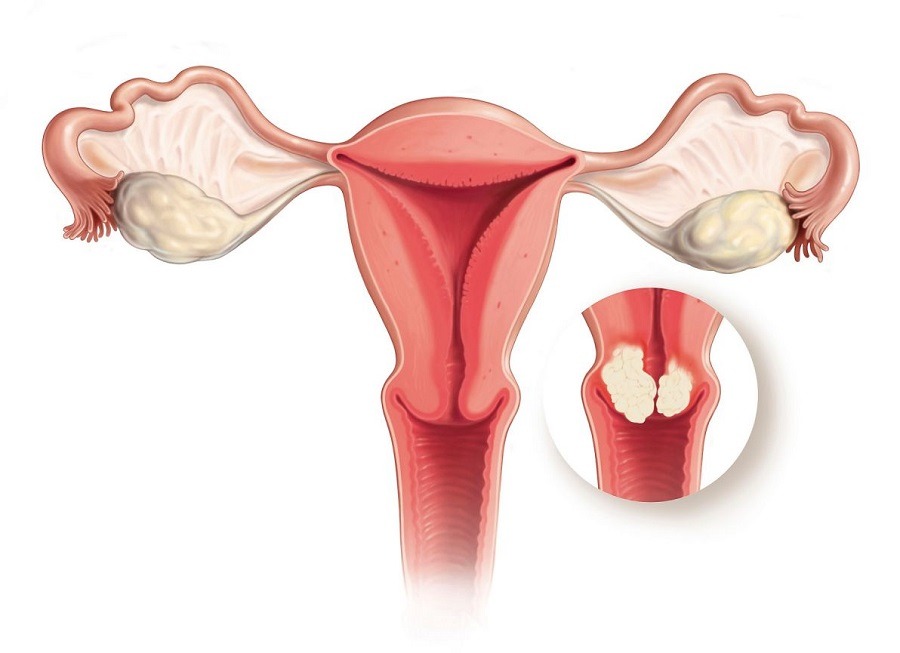
New research shows vaccinating 12 and 13-year-old schoolgirls against the prophylactic human papillomavirus (HPV) have reduced the prevalence of precancerous cervical disease by 89% in Scotland.
Following this successful news, the UK Department of Health announced today an extension of the vaccine to all boys aged 12 to 13 in Northern Ireland against HPV from September 2019 at school.
Pharma analyst James Mather at market intelligence firm GlobalData said: “Currently HPV vaccinations are recommended for all girls aged over 11 years across most of Europe and North America.
“There has been growing calls to expand the HPV vaccination programme to include boys of the same age.
“The logistical challenges of implementing broader HPV vaccinations are relatively minor since, in the UK at least, school programmes for the vaccine could accommodate all students similarly to other adolescent vaccines.”
What is HPV and cervical cancer?

HPV is transmitted through intimate skin-to-skin contact, with nearly all cervical cancers caused by an infection with a high-risk type of HPV, the NHS states.
Julia Brotherton, the medical director of Australia’s National HPV Vaccination Program Register, said: “We must work towards a world in which all girls and their families are offered, and the majority accept, HPV vaccination.”
Cervical cancer is the most common cancer in sexually active women aged between 30 and 45 in the UK.
According to the NHS, cervical cancer is when abnormal cells in the lining of the cervix (part of the reproductive system in the lower part of the womb) grow in an uncontrolled way.
The main symptom is unusual bleeding from the vagina and identifying changes in the cells through screening can help to prevent the cancer developing.
Mr Mather said: “HPV is also a key risk factor in the onset of other cancers which affect both men and women, such as anal or throat cancer.
“Therefore the expansion of HPV vaccinations to this population of boys could potentially reduce the prevalence of further cancer types and also reduces the risk of transmission of HPV, since it is a sexually-transmitted infection.”
How routine HPV vaccination led to a dramatic reduction in cervical disease
Scotland has established The Scottish Cervical Screen Programme in 1988, with the aim of reducing the incidence of invasive cancer of the cervix.
In 2008, a UK-wide immunisation programme was introduced for 12 and 13-year-old girls to look at the impact of routine vaccination.
Using this data, the study, led by Tim Palmer at the University of Edinburgh, looked at the impact of bivalent HPV vaccine on 138,692 women in Scotland.
It was published by the British Medical Journal, which reports the vaccine is having a considerable and sustained effect, showing that women who were immunised at age 12 to 13 have “virtually no high-grade disease eight years later.”
Researchers found in comparison to unvaccinated women born in 1988, vaccinated women born in 1995 and 1996 showed an 89% reduction in HPV.
In addition, unvaccinated women also showed a reduction in disease, which suggests the interruption of HPV transmission in Scotland has created a “herd protection.”
Dr Kevin Pollock, senior research fellow at Glasgow Caledonian University and the study’s co-author, said: “The conclusion is that the vaccine has exceeded expectation.
“It is associated with near-elimination of both low and high-grade cervical disease in young Scottish women eight years after the vaccine programme started.
“The figures are impressive and show a reduction of up to 90% of cervical disease abnormalities – pre-cancerous cells.
“This data is consistent with the reduced circulation of high-risk HPV infection in Scotland and confirm that the HPV vaccine should significantly reduce cervical cancer in the next few years.”
By immunising boys as well as girls, the hope is that the figures of HPV-related cancer cases will reduce even further in the future.
Chief medical officer in the UK Department of Health in Northern Ireland Dr Michael McBride said: “We can now look forward to a future where we can be even more confident that we will reduce cervical cancer and other HPV related cancers that affect both men and women.
“This is an effective vaccine against a particularly harmful virus. I would encourage all parents to take up this offer and ensure their boys and girls are vaccinated.”




